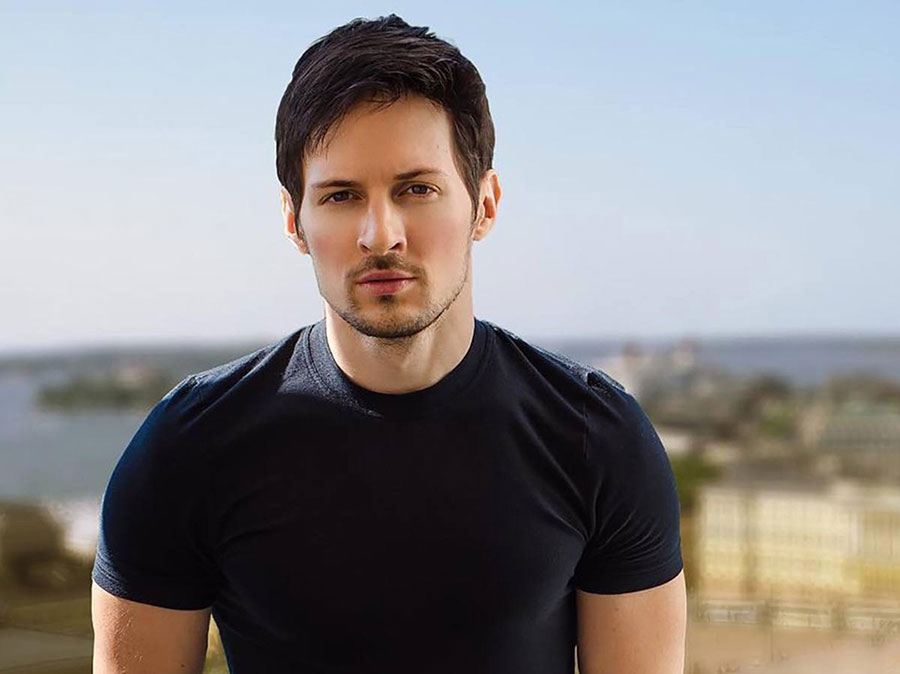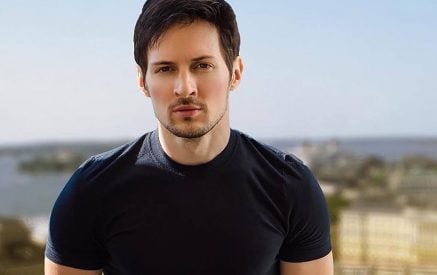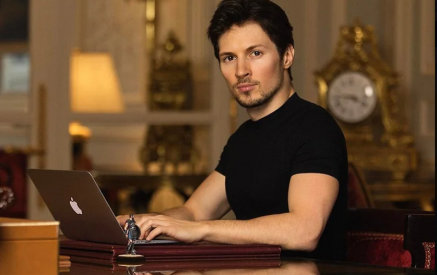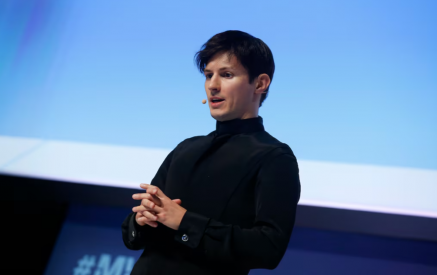Russian-born billionaire is charged with complicity in distributing child sexual abuse images and aiding organized crime.
By Joseph Menn
The 39-year-old billionaire’s case is an unprecedented test of the power of governments over multinational tech companies operating under widely varying laws around the world. Durov’s Telegram is unusual for being run from a nonaligned Middle Eastern country, the United Arab Emirates, and for declaring that it shares no information with authorities anywhere about messages or activities on the site.
Durov has French and UAE citizenship, having moved out of Russia in 2014 amid what he said was a dispute with authorities there over what he would turn over about users of the social network he started, VKontakte.
While X owner Elon Musk and others have decried the investigation of Durov as a challenge to free speech, child safety advocates say Telegram permits more illegal activity, including abuse images, than any other major network. The laws in most countries, including France and the United States, do not protect platforms from prosecution over illegal content.
Telegram has some 950 million total users and is especially popular in Russia, elsewhere in Eastern Europe and the Middle East. It is used for private messaging, public posts and group chats. Only one-to-one conversations can be encrypted, and those only if users choose the option, meaning the company could turn over everything else to governments if it wanted to.
Prosecutors said that Parisian authorities began a preliminary investigation in February 2024, when the National Office for Minors grew frustrated that it and other agencies were not getting responses to their legal demands for information about Telegram users.
A full judicial investigation was opened July 8, led by national cyber detectives and anti-fraud officials. One of the charges — running a platform to enable illicit transactions by organized crime — carries a maximum sentence of 10 years.
Telegram did not immediately issue a statement or respond to questions. After its founder’s arrest, it said on X that it abides by European laws, that its moderation is within industry standards and that “It is absurd to claim that a platform or its owner are responsible for abuse of that platform.”
A lawyer for Durov, David-Olivier Kaminski, echoed that statement to journalists in Paris after the charges were filed on Wednesday, according to Le Monde.
French magistrates can charge defendants and place them under formal investigation. While that process indicates that judicial authorities assess whether there is enough evidence to continue with the case, it does not always lead to trial. Investigations can take years.
Law enforcement agencies in many countries have focused on the app, because it has become a tool of choice for child predators, terrorist organizations, narcotics traffickers and ordinary criminals, some of whom advertise and recruit openly on the network.
Telegram also has been used to disseminate propaganda and hate speech banned in some countries, and national governments have barred the app or told it to take down offending content. Brazil temporarily banned Telegram in 2023 amid investigations into neo-Nazi groups that allegedly used the app to conduct school attacks.
Telegram has become an object of fascination as well for various intelligence agencies, who would want to see who is behind accounts that seem to work in concert with governments and other forces. Telegram has kept what encryption it does use from public review, and it is unknown whether spies have been able to hack into it remotely.
In Russia, officials and prominent figures have expressed outrage over Durov’s detention, warning citizens to delete their old messages to stop them from falling into the hands of France and its allies. Some officials said the French arrest was a pretext for getting access to the digital keys that would allow authorities to view all messages except for those encrypted end-to-end.
Some European intelligence officials have said they believe that Durov has been cooperating with Russian authorities, pointing to his blocking of accounts affiliated with domestic opposition movements.






















































